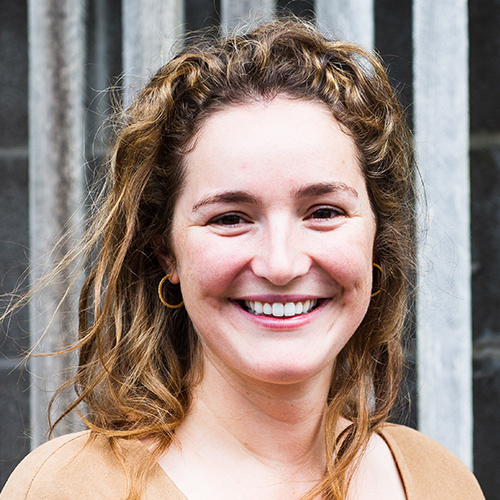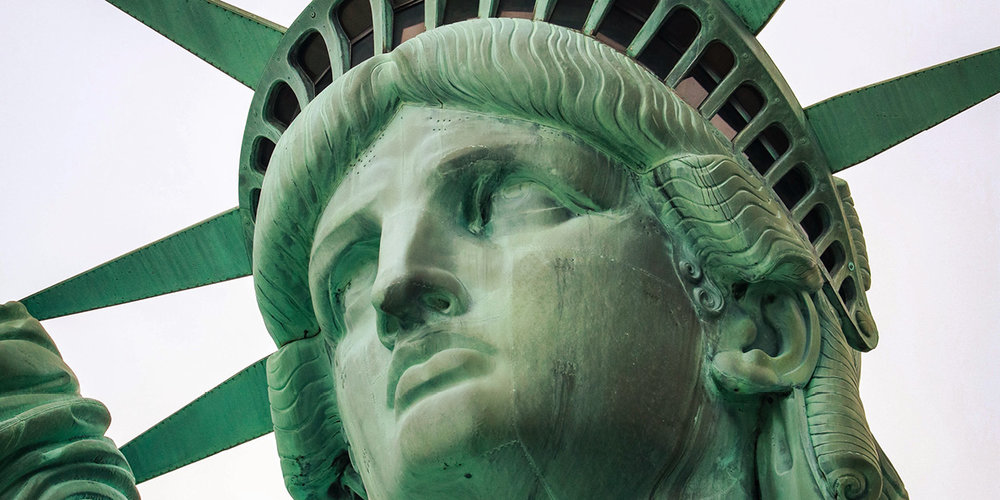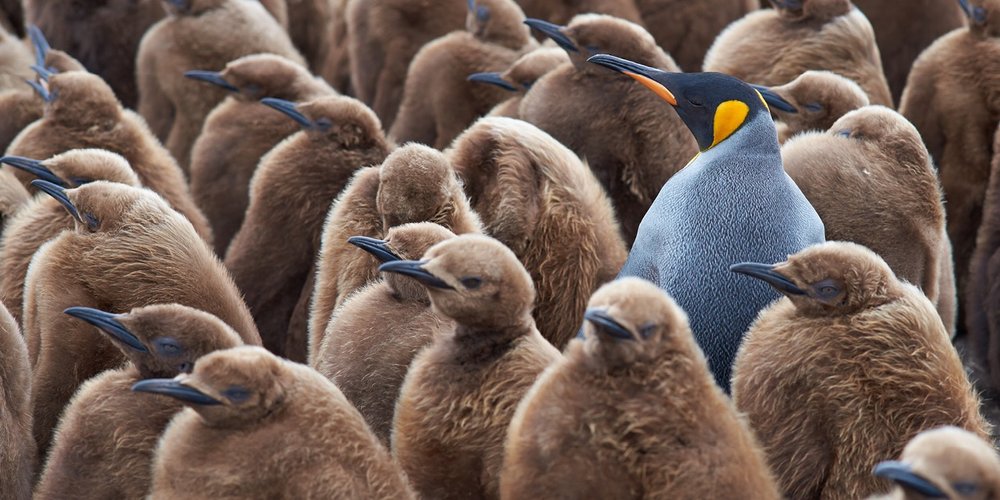Many of us think of patriotism the same way we would a venereal disease: we may happen to exhibit a few symptoms from time to time but we would be extremely uncomfortable to discuss it. In the UK today, open patriotism is generally hidden away. But why do we feel so awkward about it?
Let me start by saying I wasn’t brought up in the UK and my parents come from two different countries. As a Third-Culture Kid I have struggled to fashion an identity for myself and to know where I fit in. I feel a sense of patriotism towards several countries and, at times, to none. And yet I find this topic fascinating to observe in others and in myself.
A few years ago the cross-party think tank Demos undertook a nationwide survey of patriotic feeling and found that more than 50% of us felt embarrassed to be British.
Many of us now view patriotism as nothing but the infant stages of fascism: something it would be safer to smother now, before it becomes fully-grown. Aside from a major blip during the war – when patriotism was understood to be necessary for a time – our political correctness now interferes with our ability to enjoy being British. And yet there are others who miss the ‘good old days’ when, they believe, we wore our nationality with pride. As Demos describes:
‘Patriotism has become a dirty word to some and a nostalgic exercise for others. For many on the left, it is a problematic concept, seen as the gateway to jingoism, nationalism and arrogance. For the right it is equated with outdated symbols of Britishness like the battle of Trafalgar and the Union Jack. On both sides of the spectrum, patriotism has been misconstrued, misrepresented and its significance undervalued.‘
Patriotism certainly seems to be a slippery fish to define. Because of the confusion and trauma bound up in the word, I think we first need to talk about the elephant on the page: nationalism.
The ‘right’ kind of patriotism
Nationalism itself has also been difficult to judge. It has, for example, led to important independence movements, allowing communities to self-govern, free from non-representative rulers. But it has also entrenched concepts of ‘the other’, promoted homogenous cultural ideals and been offered as a justification for discrimination. George Orwell tried to explain the difference between the two when he said:
‘Nationalism is not to be confused with patriotism… By ‘patriotism’ I mean devotion to a particular place and a particular way of life, which one believes to be the best in the world but has no wish to force on other people… Nationalism, on the other hand, is inseparable from the desire for power. ‘
But it seems clear that both nationalism and patriotism are more complex than Orwell describes. The Demos report found that, although British people do feel a sense of pride in their country, they feel confused about how to express that pride because of the fact that patriotism has become so politicised by both the right and the left. The left have tried to inculcate ‘the right kind of patriotism’ – a left-wing, ‘progressive’ formation that binds pride in Britain into pride in the advance of liberalism and welfarism’. On the other hand, the right have sought to resurrect historical narratives and reinstate loyalties to ancient symbols of Britishness, which many feel they no longer identify with.
Patriotism as a positive force?
More recently, politicians on both sides of the spectrum have been seeking to resurrect the idea of patriotism as a positive force as it speaks to a contemporary dilemma: ‘how to assuage the widespread sense that societies are becoming more incohesive without encouraging nationalist fervour.’ As this Guardian editorial rationalises:
‘Turning an accident of birth into an aggressive declaration of superiority is silly. But patriotism can be conceived in other ways. Countries are communities too, even if imagined ones, and communities work better when their members share a commitment to them. Such ties do not preclude belonging to other, broader communities – whatever some Brexiters believe. Nor do they preclude honesty about a country’s shortcomings; they may even mandate it.‘
If patriotism meant merely feeling superior that would be silly; it’s clear all countries have both strengths and flaws. I believe the main reason we Brits feel so awkward about any displays or admissions of patriotism is precisely because we do recognise our country’s shortcomings. But both the left and the right get it wrong when they say that we therefore musn’t be patriotic or that those shortcomings don’t really matter.
If we continue the analogy of an accident of birth, being born into your particular family was also an accident in a cosmic sense, but it doesn’t tend to give rise to any existential angst if you love your particular family more than any other – nor do you feel awkward for doing so. Being patriotic doesn’t mean that we have to ignore or downplay the things which our country does badly. Rather, just as you might love a wayward sibling, we can remain fiercely loyal towards them, while still being committed to seeing them change for the better.
How to be a modern patriot
So how should we express any patriotic feeling we may have? Patriotism doesn’t have to be an American-style flag-waving, all-singing, all-dancing form of patriotism. We can have a home-grown British version, one that’s no less true or heartfelt. What that means to you will be unique to you: maybe you felt it watching the 2012 Olympics or the launch of Major Tim Peake into space. Or maybe you caught a glimpse watching the Great British Bake Off or Stormzy performing on the Glasto stage in a Banksy-designed Union Jack bulletproof vest. Or maybe you sense it when just out in the park on a sunny day with friends.
Patriotism can and should mean nothing more sinister than a sense of shared identity, culture, memories, food, fun and friendship. Patriotism is quarantined Wuhan residents singing to each other from window to window about how they love their city, in the face of racist overtures the world over denigrating Chinese culture, cleanliness and eating habits. That kind of patriotism, for those who are privileged enough to have a country to call home, should not be a dirty word but rather something to hold dear.
Patriotism certainly doesn’t mean a blind love. As GK Chesterton said, ‘My country, right or wrong,’ is a thing that no patriot would think of saying.’ Rather, we, as patriots, should be deeply concerned with how to ensure that our country is on the right side of history, in any given situation. As Carl Schurz, who fought against slavery in the USA rephrased, ‘My country, right or wrong; if right, to be kept right; and if wrong, to be set right.’
The instinct to belong
I don’t know quite how British I feel myself, yet when I see a group of people enjoying their shared identity together, whether it be national, cultural, or just a shared interest, there is a strange wistfulness in me – why?
As MP Danny Kruger recently said, it has to do with ‘the call of home’: ‘Patriotism is rooted in places – our love of our country begins with love of our neighbourhoods. Our first loyalties are to the people we live among.’
There is a growing proportion of people who believe national boundaries ought to be a thing of the past, with countries being nothing more than arbitrary allocations of land. In that scenario it would indeed be odd to feel any sort of connection to a particular part of land. However, it is a deeply human instinct to belong. Even if national borders were removed, we, as humans would instinctively begin to regroup into communities that feel like home.
Patriotism, in this sense, is merely an extension of our love of family and home. Yet it can also cause us massive angst as we feel the tension between simultaneously wanting to belong and not wanting to exclude. From my own Christian faith, I know that God understands these warring longings and, while he celebrates the good of culture and national identity, his long-term plan was always to set up a new citizenship, drawn from all the nations of the world, who would have a new, shared identity.
In 1940, Churchill ended his beaches speech with the hope that, even if defeated, we would stand together ‘until, in God’s good time, the New World, with all its power and might, steps forth to the rescue and the liberation of the old.’ In the same way, we recognise that in this world we will not always get patriotism right as it can so easily turn into elitism and exclusion. But we can catch a glimpse of the kinship and community that it is meant to point to by becoming a part of a local church that belongs to a wider global family. As part of that community we can look forward to the day when God will return to rescue us from this warring and imperfect world to take us to that new country, where people from every nation will be at home together.





